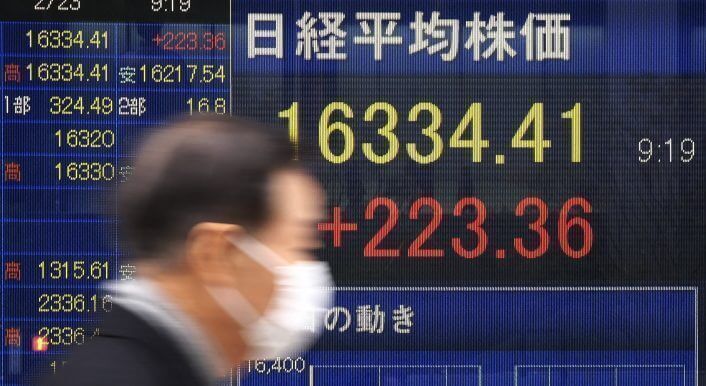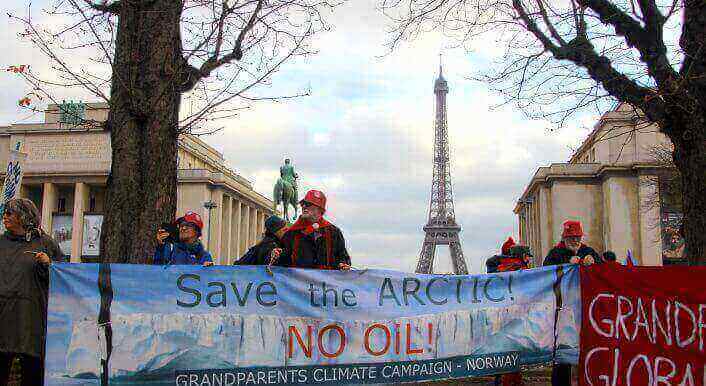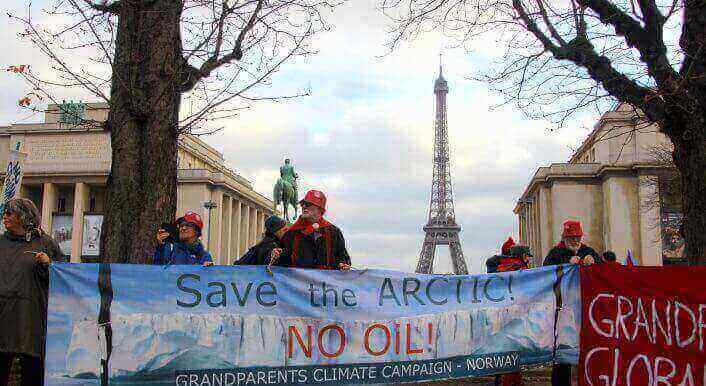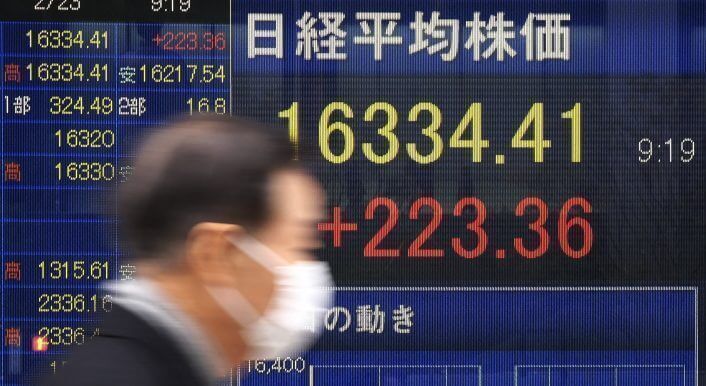Carbon pricing could stop climate change
Ottmar Edenhofer is a climate scientist and head of the Mercator Research Institute on Global Commons and Climate Change in Berlin. He says we must raise the price of carbon to promote zero emission technologies and to generate revenue for the poor.

Climate change could hardly be reversed at this point. But it can be slowed down. One possible means with which international climate policy could accomplish this is carbon pricing. As an instrument, carbon pricing is effective because it operates at three levels: it provides incentives for zero carbon technologies, it punishes the use of fossil fuels, and it generates revenue.

Klimaexperte Ottmar Edenhofer
Thomas Trutschel/photothek.net
If we want to achieve the two-degree-target with high probability, the atmosphere can only absorb another 800 gigatons of CO2, in total. However, the Earth still harbors about 15,000 gigatons of CO2 in the form of fossil fuels. This means that at least 40 per cent of the Earth’s oil, 40 per cent of the gas and, especially, 80 per cent of the coal will have to remain in the ground.
Nonetheless, many countries are still relying on the use of coal, which stands by far as the world’s cheapest source of energy. Moreover, the use of coal, oil and gas on a global scale is subsidies by the countries with an estimated US$150 per ton of CO2, if all externalities, such as negative health impacts, are included. Thus, the political and economic challenges are immense.
In a first step, as has been shown by the Mercator Research Institute on Global Commons and Climate Change (MCC), huge progress could be made by dismantling the exorbitant coal subsidies. Through this measure alone people in 70 countries of the world could gain universal access to drinking water, in 60 countries to sanitation, and in 50 countries to electricity over the course of the next fifteen years—provided that the money presently going to coal subsidies was diverted to the construction of these infrastructures. At the same time, this measure would function as a poverty alleviation program.
The industrialized countries would likewise benefit from carbon pricing. In particular the finance ministers—even if they do not care much about climate policy—stand to benefit from this regime. A group of U.S.-American Republicans, for example, proposed the introduction of a carbon tax to Donald Trump. After all, if the president’s infrastructure plans proved to exceed the allocated budget, Trump may possibly warm up to a carbon tax. Finally, similar to an eco tax, a carbon tax can be used to lower other taxes, such as income taxes or capital gains taxes. It could also be used to improve the public transport system.
A suitable forum for promoting carbon pricing internationally would be the group of the 20 major economies (G20), since climate protection stopped long ago being a topic only extending to the environment. Moreover, the current political climate appears more favorable than ever to the introduction of a carbon price: Christine Lagarde, head of the International Monetary Fund (IMF), has expressed her support of the carbon tax, as has the president of the World Bank Jim Yong Kim. Even in the financial sector, Mark Carney, head of the British Central Bank, is proposing a carbon price.
Last but not least, China—the largest emitter of greenhouse gases—has announced that it will launch the world’s largest emissions trading scheme in 2017. Together with Europe, the People’s Republic could create the world’s largest carbon market. If this was to happen, the turnaround of international climate policy would be as irreversible as climate change is today.
Ottmar Edenhofer is the director of the Mercator Research Institute on Global Commons and Climate Change (MCC), chief economist at the Potsdam-Institute of Climate Impact Research (PIK) and Professor of the Economics of Climate Change of the Technical University Berlin.



